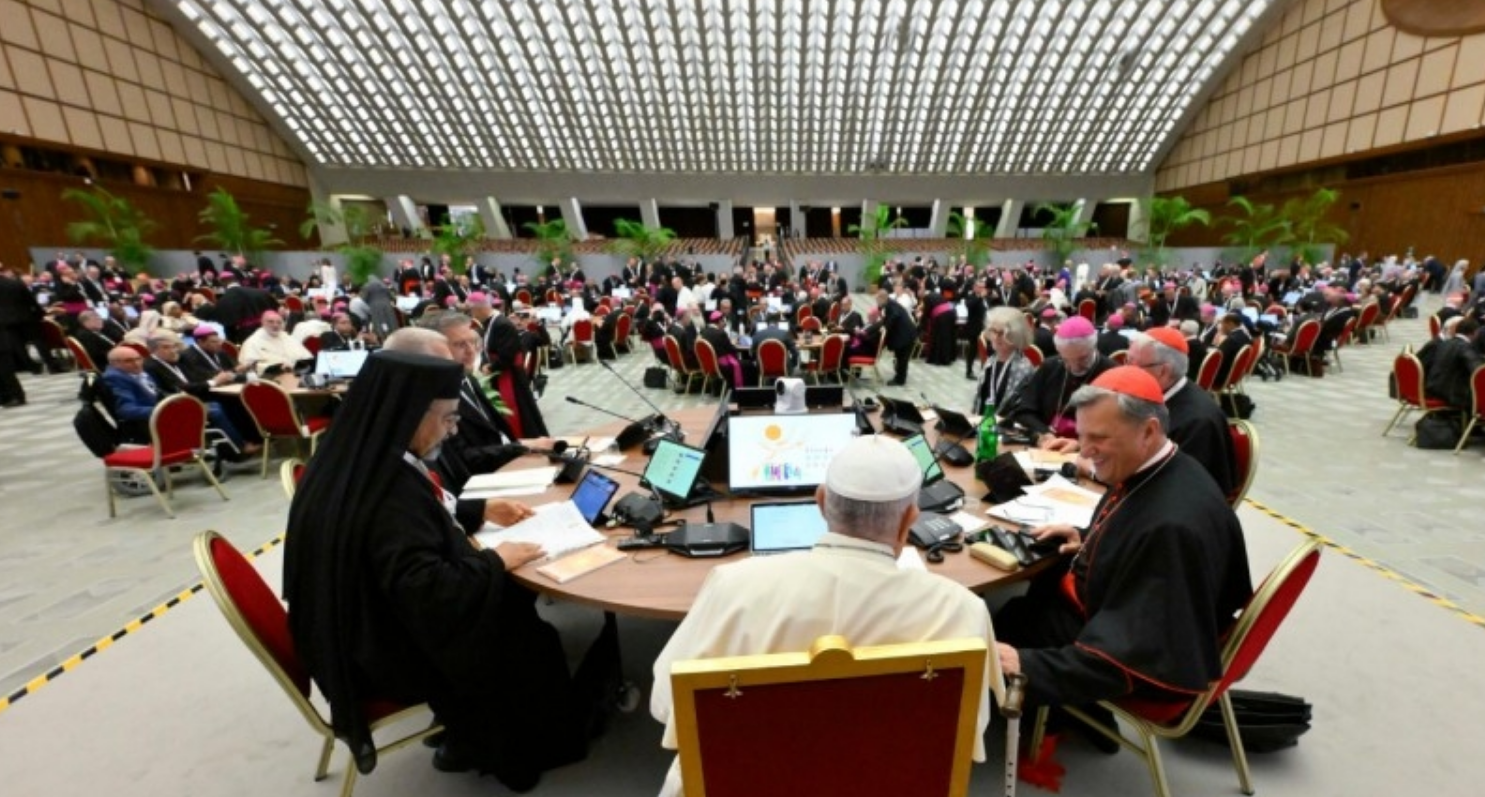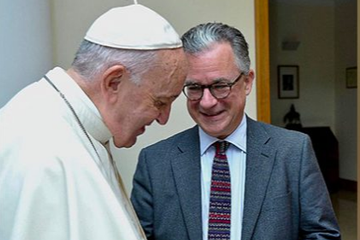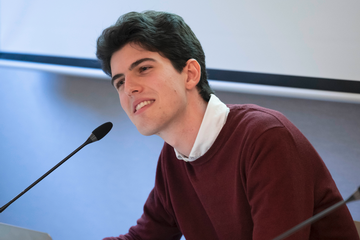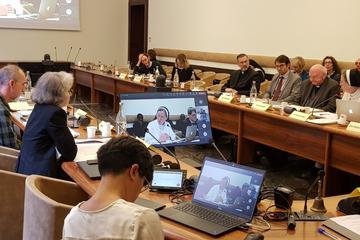
By Filipe Domingues
If the first stages of the Synod on Synodality served to open the range of possible issues to be considered – and there are many – now is the time to organize the information, divide the action on different fronts and focus.
In March, the General Secretariat of the Synod presented how this work will be carried out. The central question of the Synod, from now until the general assembly in October 2024, is: “How can we be a synodal Church in mission?”
“We have already begun to reap the fruits of this synodal process, we have to celebrate, thank God and the people of God,” said Cardinal Mario Grech, general secretary of the synod, at a press conference. “The Church is guided by the Word of God, Tradition and the Magisterium. But we can also find guidance in the 'lived experience' of local realities. That’s what we’re doing.”
New Tasks
The synthesis document produced last year made it possible to separate the work into three parts. First, local churches around the world continue to be consulted dynamically. Second, the central issue above must be deepened – and this will be done through bishops' conferences, Synod working groups and a meeting in Italy to consult parish priests from around the world.
Separately, Pope Francis asked the General Secretariat of the Synod to coordinate the creation of 10 study groups, involving experts, pastors, people from the secretariat itself and also representatives of the dicasteries of the Roman Curia. Depending on the theme, a different dicastery will be involved. These study groups will work until June 2025, separately from the general assembly. They must follow a synodal dynamic, but begin to act independently of the October assembly.
The themes are:
- Some aspects of relations between the Eastern Catholic churches and the Latin Church;
- Listening to the cry of the poor;
- The mission in the digital environment;
- The review of the Ratio Fundamentalis Institutionis Sacerdotalis from a synodal missionary perspective;
- Some theological and canonical issues surrounding specific ministerial forms;
- The review, from a synodal and missionary perspective, of the documents that regulate relations between bishops, consecrated life and ecclesiastical groups;
- Some aspects of the figure and ministry of the bishop (in particular: selection criteria for candidates for the episcopate, judicial function of the bishop, nature and conduct of ad limina Apostolorum visits) from a synodal missionary perspective;
- The role of pontifical representatives (nuncios) from a synodal missionary perspective;
- Theological criteria and synodal methodologies for a shared discernment of controversial doctrinal, pastoral and ethical issues;
- Receiving the fruits of the ecumenical path in ecclesiastical practices.
Finally, three commissions continue to support all this work: the International Theological Commission, the Pontifical Biblical Commission and a Canonical Commission. In the words of Cardinal Jean-Claude Hollerich, general rapporteur of the Synod on Synodality, “Now is the time to delve deeper into the central question of the synod” about the Church in mission.
Deeper into the 'How'
According to Sister Simona Brambilla, secretary of the Dicastery for Institutes of Consecrated Life and Societies of Apostolic Life, the time has come to focus on “how” to lead the synodal Church.
“This is not a synod on this or that topic, but synodality itself. There is no going back from this experience,” she said. “Go forward, or rather, inward, in depth.”
Synod consultant and theologian Father Piero Coda said the central issue is “pertinent and demanding,” as it unfolds at three levels: dioceses, regions of the world and the universal Church. It is necessary to reflect on the methods to build synodality, but also on the most appropriate places and environments.
A revision of the Code of Canon Law cannot be ruled out
During the press conference, I asked Archbishop Filippo Iannone about the possibility of the Synod leading to a new expanded revision of the Code of Canon Law – a set of laws that regulates and organizes the functioning of the Catholic Church. He is the prefect of the Dicastery for Legislative Texts. Archbishop Iannone did not rule out this possibility.
“Every reform needs standards to become operative”, he said March 14. “The Code is a single, organic, articulated law. Changing some canons [articles] may require changing others,” he further explained. At the moment, however, the synod's revisions focus on the second book of the Code, which refers to “the people of God.”
These are the “fundamental rights and duties of the faithful as individuals and associations,” said Bishop Iannone. “The interventions that will be made from here on will depend on the direction of the Synod’s work.”
Photo: Vatican Media


